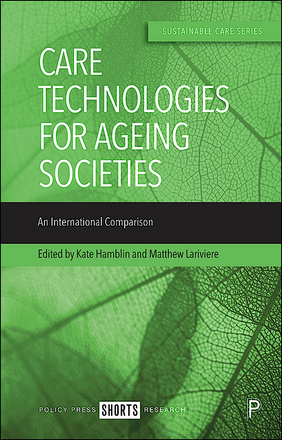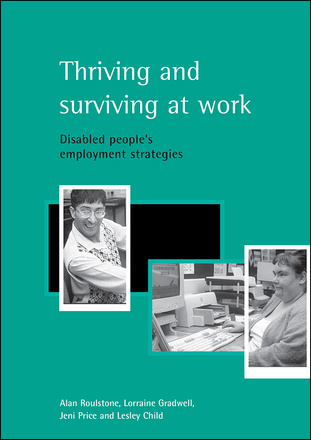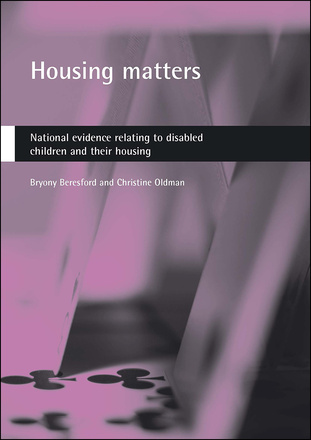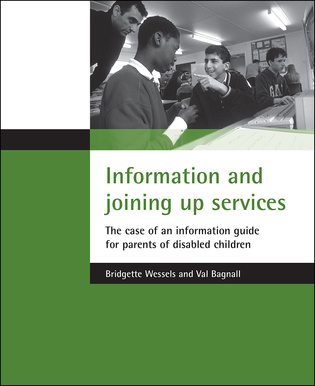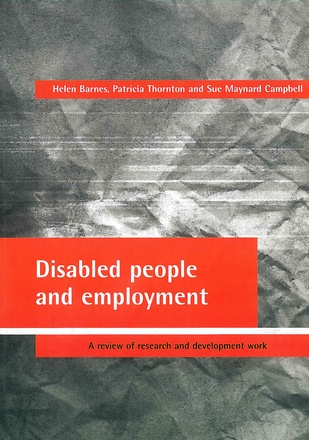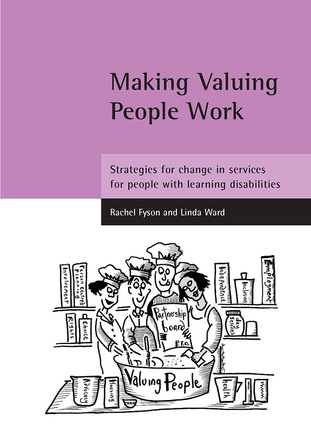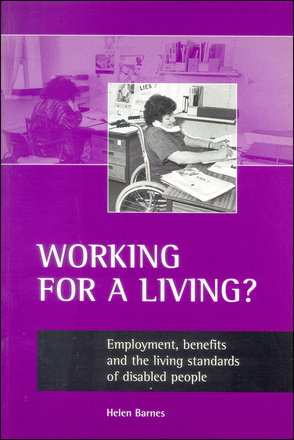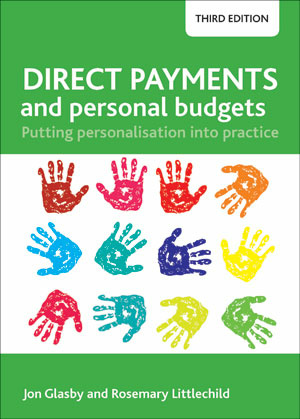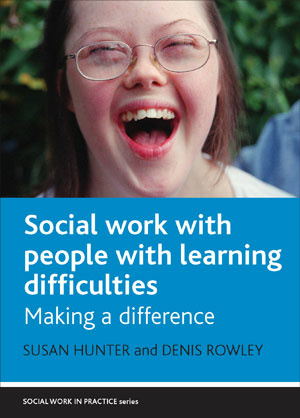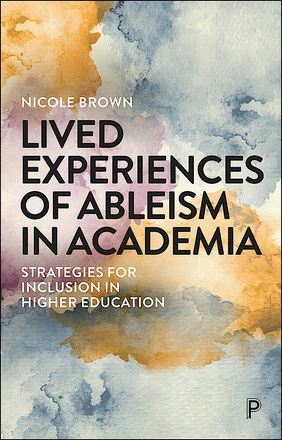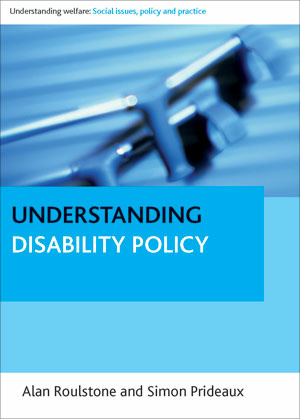Disability: social aspects
Care Technologies for Ageing Societies
An International Comparison
Exploring the role of technology in Europe, Canada, Australia and Japan, this book compares the ways in which technology is being implemented in different national contexts to contribute effectively to the sustainability of care systems.
Thriving and surviving at work
Disabled people's employment strategies
This report breaks explores how disabled people who are already in work get and keep paid work. Drawing on experiences of disabled people themselves, it looks at difficulties experienced, the strategies they adopt and the policy context in which they work. The authors are all disabled people with a mix of practice and academic experience.
Housing matters
National evidence relating to disabled children and their housing
Housing Matters presents evidence to support and inform change in policy and practice to ensure that the housing needs of disabled children and their families are better met.
Information and joining up services
The case of an information guide for parents of disabled children
This best practice guide to providing information for users of multi-agency services for disabled children is an invaluable resource for professionals, parents and carers.
Disabled people and employment
A review of research and development work
This review of research and development initiatives intended to help disabled people get (or stay in) work, takes views of disabled people as a yardstick by which to assess good practice. It pinpoints gaps in existing research, and highlights the varying requirements of disabled people, employers and service providers as users of research.
Making Valuing People Work
Strategies for change in services for people with learning disabilities
This timely report examines the strategic changes that are occurring within learning disability services as a result of the 2001 Valuing People White Paper. It offers evidence-based examples of good practice for all those involved in planning strategic changes to, or implementing change within, services for people with learning disabilities.
Working for a living?
Employment, benefits and the living standards of disabled people
This valuable study compares the welfare states of Sweden, Germany and Britain on the basis of social policy provision for disabled people of working age, particularly in the areas of income maintenance and employment policy.
The Adult Safeguarding Practice Handbook 2e
The second edition of this best-selling book provides an essential guide to best practice in adult safeguarding. It has been updated to include recent legislation, guidance and research-based developments and relates them to useful practice examples.
Direct Payments and Personal Budgets
Putting Personalisation into Practice
This third edition of the leading textbook on personalisation considers key policy changes since 2009 and new research into the extension and outcomes of personal budgets. It is essential reading for students, practitioners and policy makers in social work and community care services.
Social Work with People with Learning Difficulties
Making a Difference
Full of up-to-date case studies, practice examples and points for reflection, this exciting textbook explores theoretical frameworks for working with people with learning difficulties.
Lived Experiences of Ableism in Academia
Strategies for Inclusion in Higher Education
Embedded in personal experiences, this collection explores ableism in academia. Through theoretical lenses including autobiography, autoethnography, embodiment, body work and emotional labour, contributors explore being ‘othered’ in academia and provide practical examples to develop inclusive universities and a less ableist environment.
Understanding Disability Policy
Understanding disability policy explores the roles of social security, social support, poverty, socio-economic status, community safety, official discourses and spatial change in shaping disabled people's opportunities.







